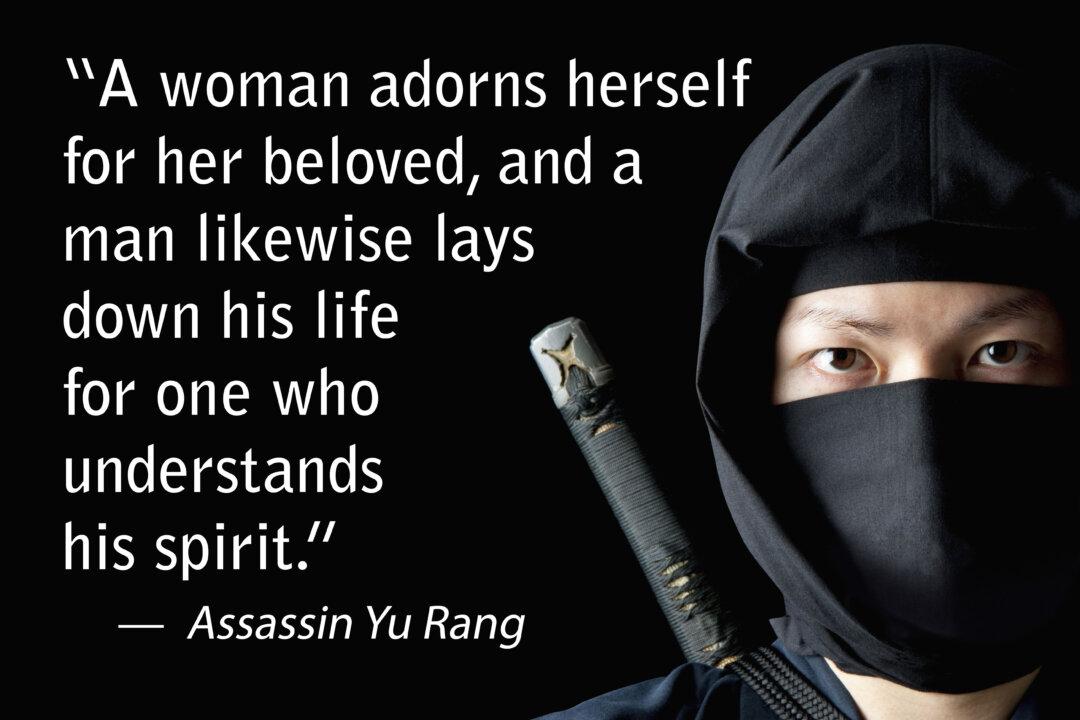Tragedy invariably followed ancient Chinese assassins—even in the event of success, these fearless warriors expected no less than death upon attempting their missions.
Some of the most famous Chinese assassins were not, in fact, successful. Nevertheless, their courage and self-sacrifice landed them a place in the annals of history all the same.
In this second part on assassins from the Eastern Zhou Dynasty (770 B.C.–221 B.C.) of old China, we learn the story of a warrior seeking revenge for his murdered lord, and the tragedy of a butcher-turned-hit-man and his loyal sister.




